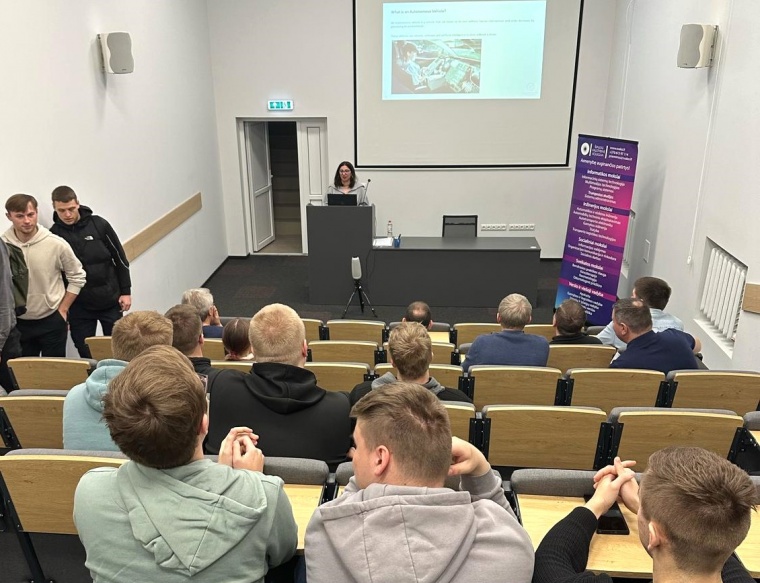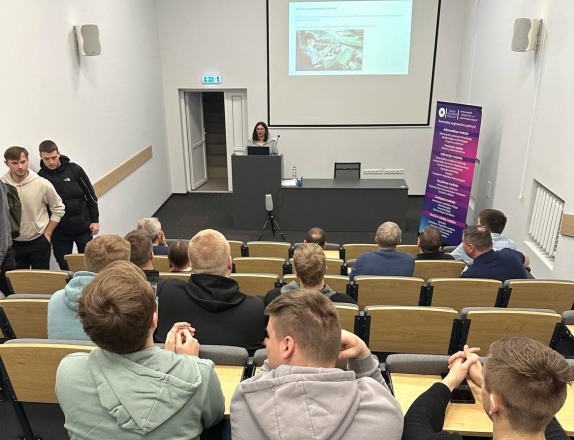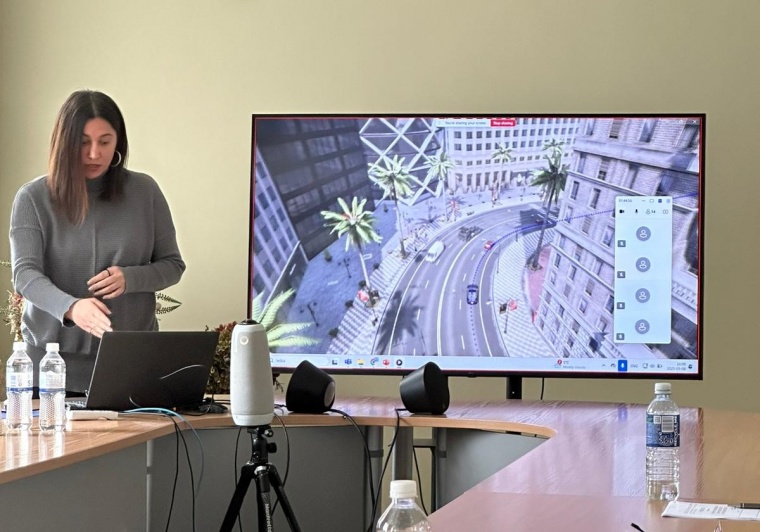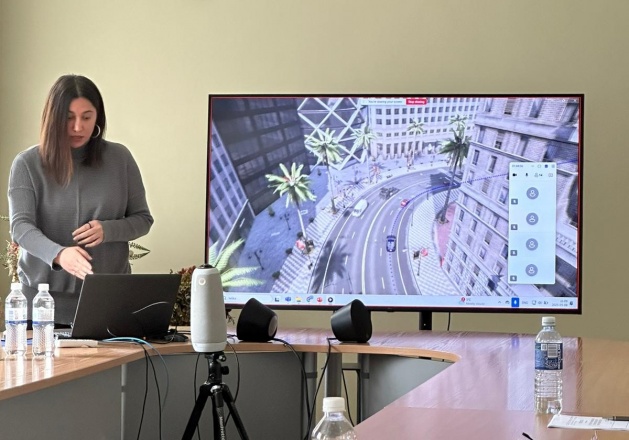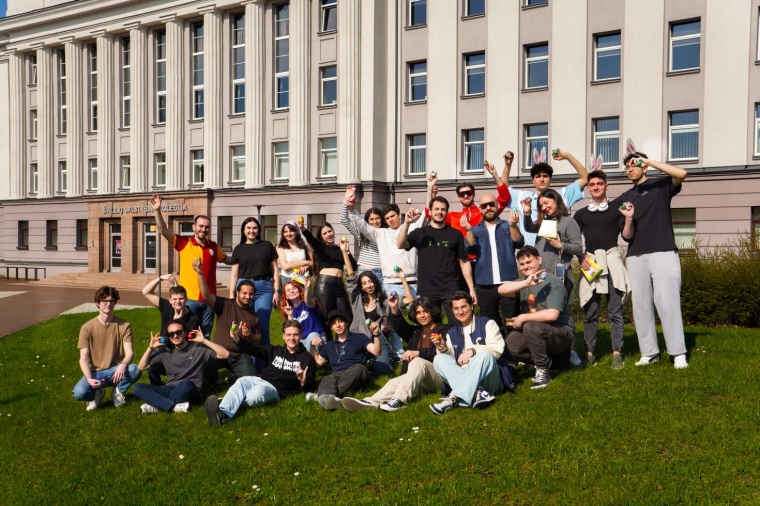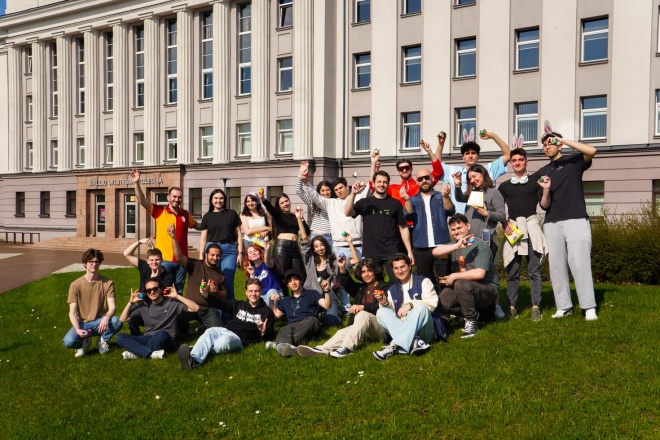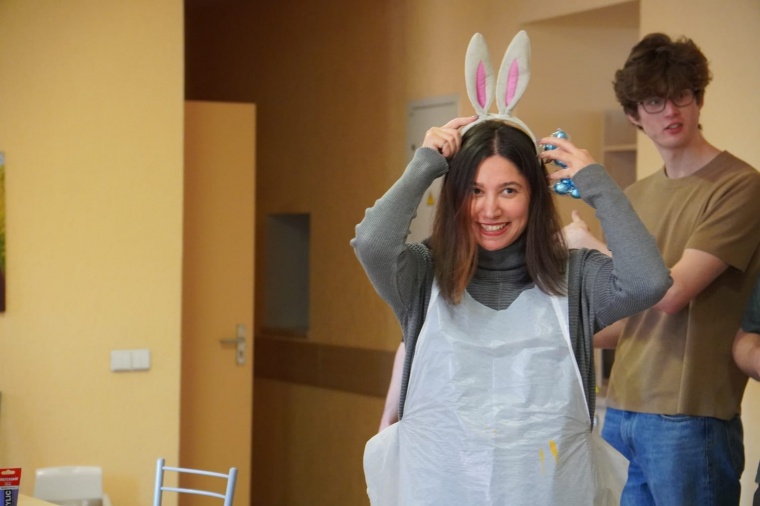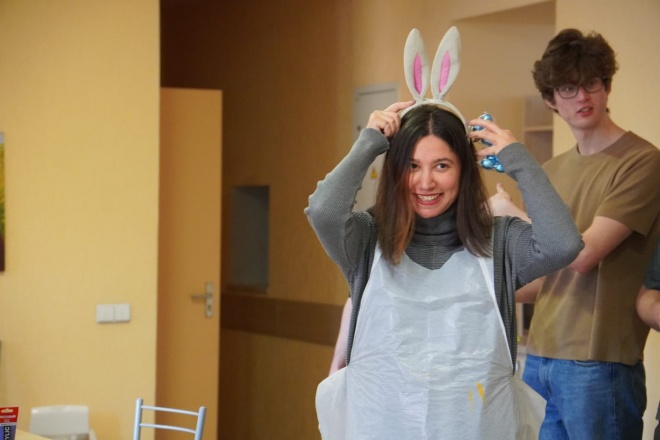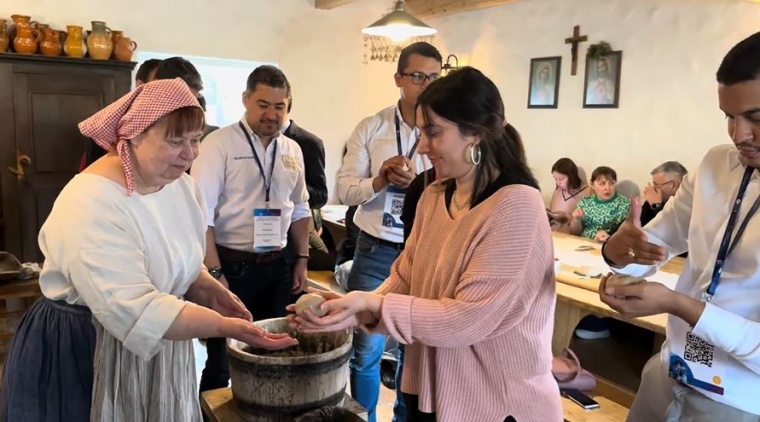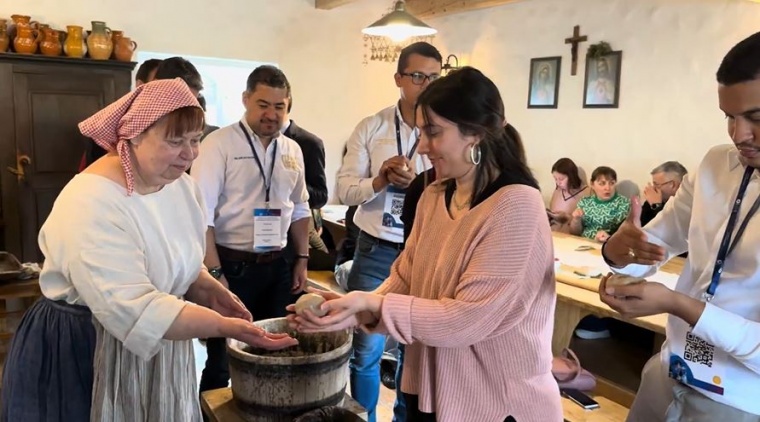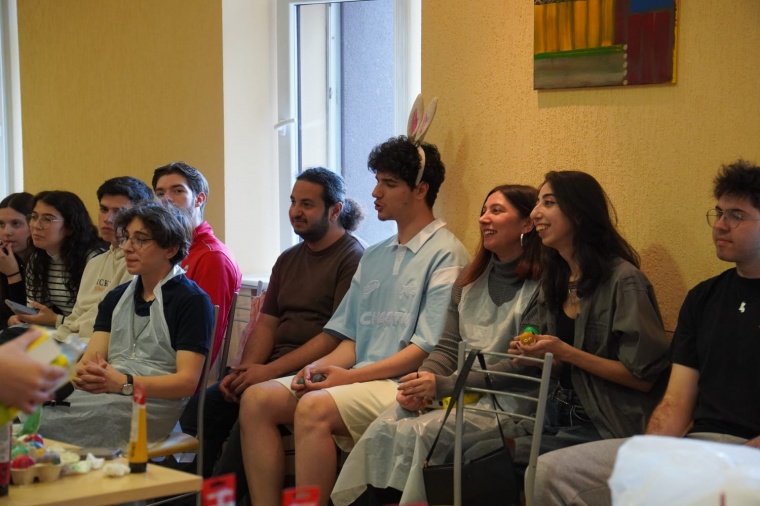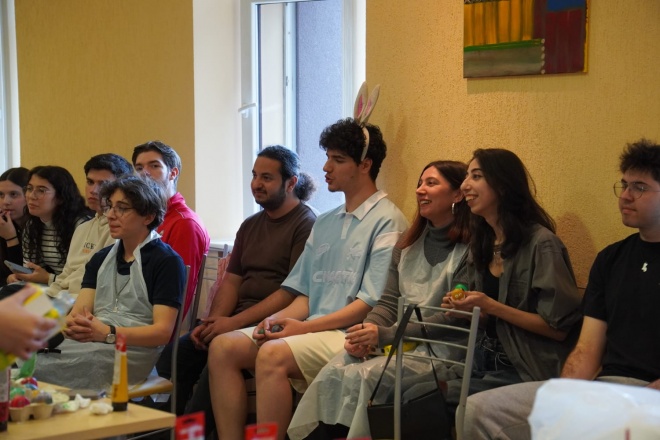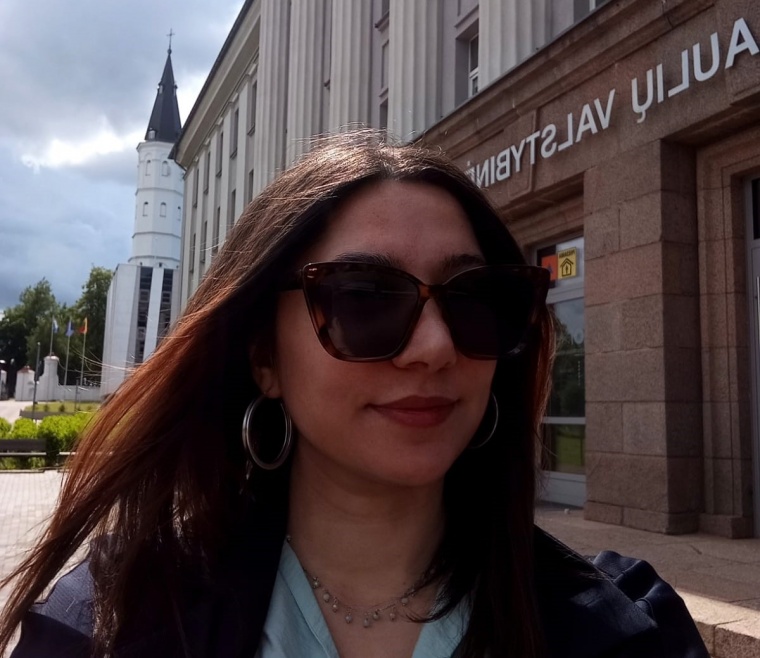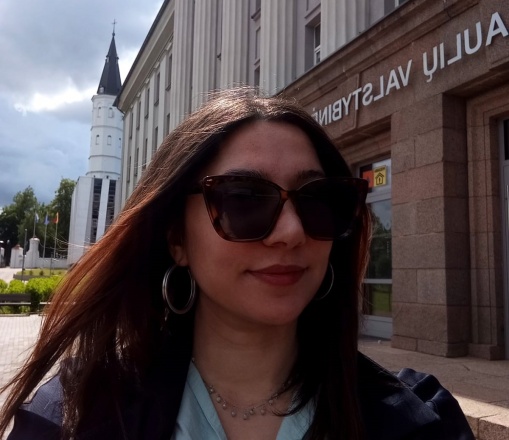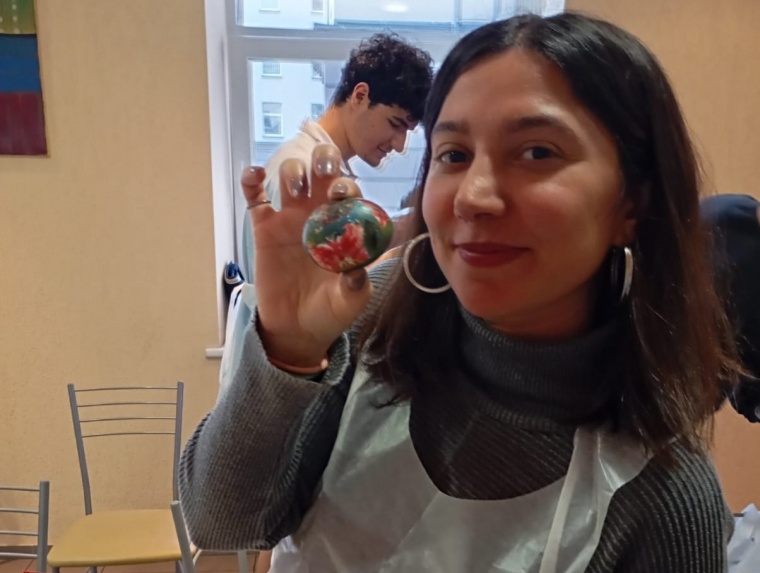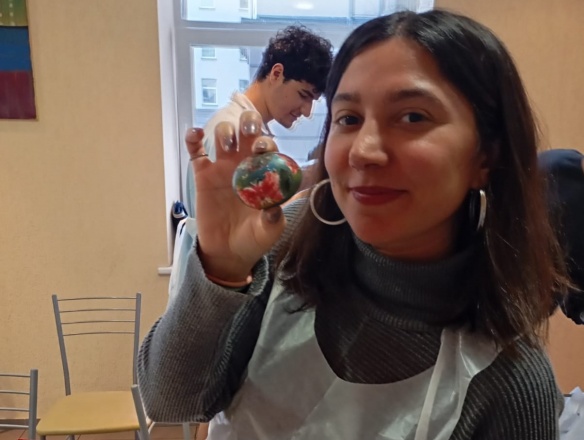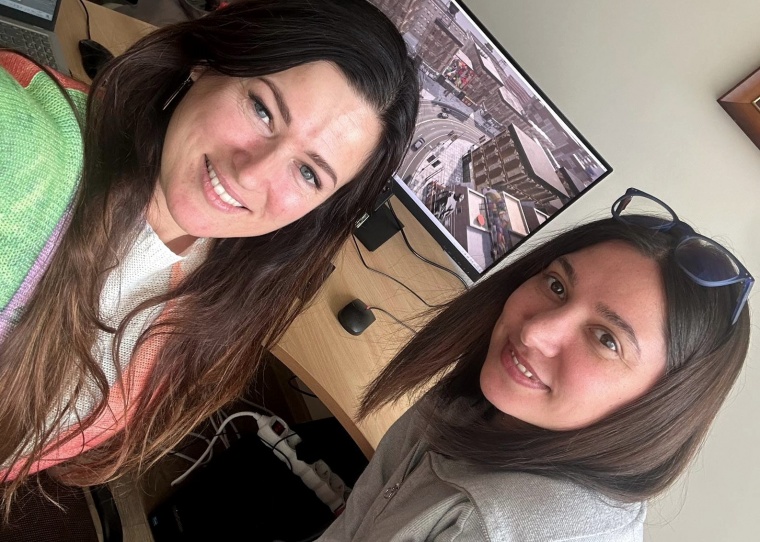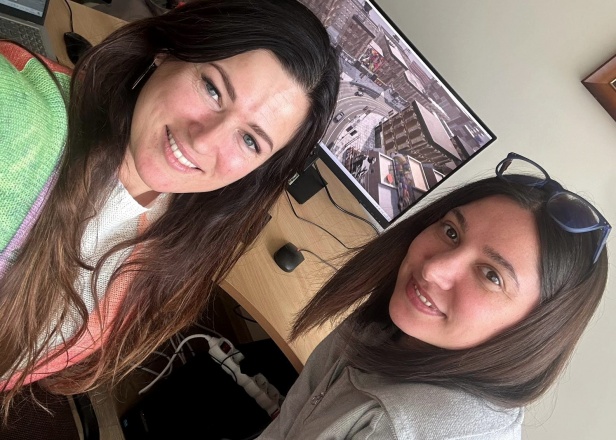Beyond Technology: In-Depth Research on Autonomous Driving at ŠVK and an Enriching Journey
Autonomous driving technologies represent research areas with the potential to revolutionize modern transportation systems. I conducted research at ŠVK within the framework of my PhD programme "Automotive Engineering for Intelligent Mobility" at the University of Bologna. This research process has played an important role in my academic development. ŠVK planning and support of my research process, the collaboration provided, and the strong technical and academic facilities were decisive factors that encouraged me to work here. During this period, I conducted theoretical and practical research on the development of autonomous driving algorithms and the integration of autonomous systems with digital twin technology.
My PhD research focuses on developing autonomous driving algorithms for smart vehicles to ensure safe traffic conditions, addressing the most important processes of these vehicles: environmental awareness, path tracking, motion control systems, obstacle detection, and collision avoidance. To test each algorithm developed for these processes, the CARLA simulator was used, which provides realistic urban environments and sensor data while suggesting various traffic conditions.
The general structure of the research includes navigation and control algorithms. In this study, navigation was ensured using path planning and tracking, stable steering, obstacle detection, and prevention while the vehicle moves in a specific direction under dynamic traffic conditions. Target-focused control was achieved through machine learning-based decision trees and PID-based steering and speed control methods.
In addition to the algorithm development process, another important component of the research involves digital twin technology. This technology, which allows real-time monitoring of virtual copies of physical systems, is fundamentally important for digital control of devices and reducing computational load on local devices.
Digital twin technology was incorporated into the autonomous driving process, yielding successful results in a simulator environment on a local device. The basic logic of the digital twin architecture is based on transmitting sensor data to a server, applying filters to clean the data from noise, and finally generating vehicle control commands. Some autonomous driving calculations were performed in a virtual environment using filtered sensor data, and the vehicle control commands were generated from the virtual environment and transmitted to the local simulator device to control the vehicle.
The academic activities I participated in allowed me to examine my studies from a more detailed and multifaceted perspective.
One of these activities was delivering a lecture to students in the Department of Technical Vehicles and Automotive Electronics. This lecture covered in detail the principles and classifications of autonomous vehicles, autonomous driving algorithms, the concept of digital twins and their applications in the automotive sector, providing interactive feedback opportunities.
Another activity opportunity provided by ŠVK was participating with a presentation related to systems and algorithms for navigation and control of autonomous vehicles at the International Scientific Conference "Higher Science for Sustainable Development of Smart Regions." During the presentation, I had the opportunity to share both theoretical and practical results of my work and received constructive and guiding feedback that I can incorporate into future studies.
The events and international activities organized by ŠVK provided valuable experience in social and cultural interaction. This allowed me to meet researchers from different cultures worldwide, exchange ideas, and evaluate my research from new perspectives. Activities and excursions introducing Lithuanian language and cultural heritage enhanced my familiarity with this culture.
The academic and social support provided by ŠVK, along with modern and comprehensive working conditions, allowed me to adapt quickly both in the city and at the institution. I would like to sincerely thank Dean Dr. Ingrida Vaičiūlytė, who supported me throughout the process and made it much more meaningful with her strong and supportive approach, as well as all academic personnel at ŠVK. I also thank the International Relations Coordinator Ms. Guoda Kačinskaitė, who facilitated my adaptation process with her helpful and caring attitude, and all the supportive staff for providing productive environment and opportunity. I experienced an inspiring process that far exceeded my expectations. I will always remember this journey with pride and pleasant memories.
Özlem Kaya, PhD in Automotive Engineering for Intelligent Mobility
Alma Mater Studiorum - Università di Bologna
